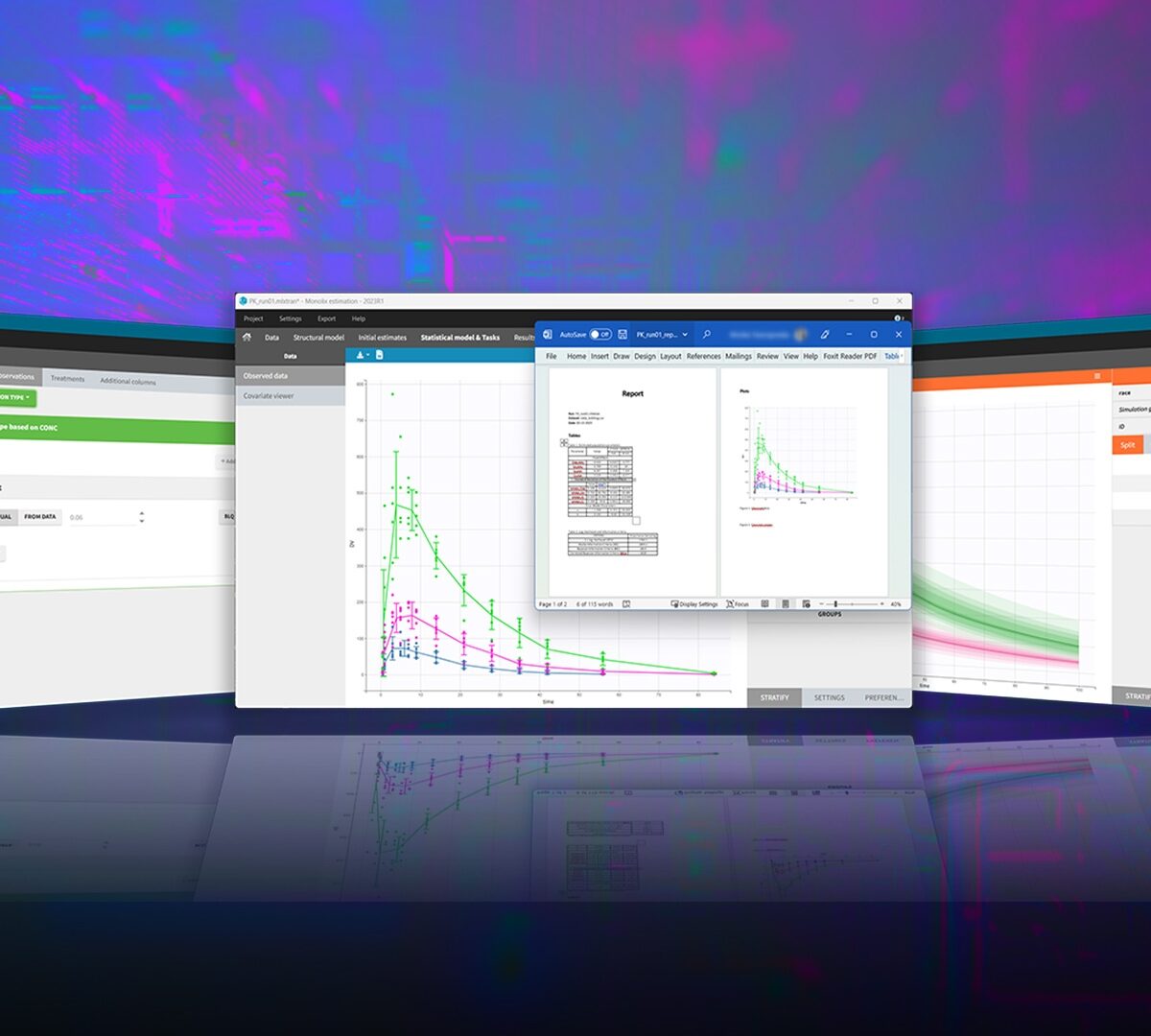Bedaquiline, a potent antitubercular drug used in the treatment of multidrug-resistant strains, suffers from low oral bioavailability, a slow onset of therapeutic action, and side effects.

Synthesis, Absolute Configuration, Biological Profile and Antiproliferative Activity of New 3,5-Disubstituted Hydantoins
Hydantoins, a class of five-membered heterocyclic compounds, exhibit diverse biological activities.

Leveraging PBPK/PBBM in Support of BCS Class 3 Biowaivers
It is critical to understand the perspectives and key criteria of global regulatory agencies in the consideration of biowaivers, but many companies have knowledge gaps that hinder their success.

Advancing the Harmonization of Biopredictive Methodologies through the Product Quality Research Institute (PQRI) Consortium: Biopredictive Dissolution of Dipyridamole Tablets
Biorelevant dissolution and its concept have been widely accepted and further developed to meaningfully predict the bioperformance of oral drug products.

Getting Started with GPX™: A Step-by-Step Guide
With a new interface, updated workflows, and advanced features, it may be challenging to know how to get started with GastroPlus(R) X.

Systematic Evaluation of Underlying Models That Improve Purely In-Silico High-Throughput Mechanistic Pbpk Predictions Across Species
The ability to quickly and accurately predict key PK properties based solely on chemical structure can aid in several tasks.

Effect of Data Quality and Data Quantity on the Estimation of Intrinsic Solubility: Analysis Based on a Single-Source Data Set
Aqueous solubility is one of the most important physicochemical properties of drug molecules and a major driving force for oral drug absorption.

Phase I Clinical Trial of NH130 and the Prediction of its Pharmacokinetics Using Physiologically Based Pharmacokinetic Modeling
Parkinson’s disease psychosis (PDP) is a common and distressing complication of Parkinson’s disease (PD), characterized by hallucinations and delusions.

MonolixSuite™ v2024 Product Brochure
A fast easy-to-use and powerful suite of applications for pharmacometrics analysis, modeling and simulation.

New ICH M13A Guideline: Extra Bioequivalence Study Needed for pH-Dependent Drugs with Proton Pump Inhibitors
New guidance was recently released by the International Council for Harmonisation (ICH) regarding bioequivalence for immediate release solid oral dosage forms.

In Silico Dose Adjustment of Zolpidem in Females Using Physiologically Based Pharmacokinetic Modeling and Simulations
Zolpidem (ZPD) is a non-benzodiazepine sedative indicated for the treatment of insomnia.

AI for Pharmacological Modeling
Pharmacological modeling plays a key role in drug development by guiding decisions on dosing to optimize safety and efficacy and ultimately streamlining the path to successful therapeutic interventions.

CFD-PK model for nasal suspension sprays: Validation with human adult in vivo data for triamcinolone acetonide
The objectives of this study were to expand and implement a Computational Fluid Dynamics (CFD)-Dissolution, Absorption and Clearance (DAC)-Pharmacokinetics (PK) multi-physics modeling framework for simulating the transport of suspension-based nasal corticosteroid sprays.

Application of Virtual Drug Study to New Drug Research and Development: Challenges and Opportunity
In recent years, virtual drug study, as an emerging research strategy, has become increasingly important in guiding and promoting new drug research and development.

PBPK Modeling of Lamotrigine and Efavirenz during Pregnancy: Implications for Personalized Dosing and Drug-Drug Interaction Management
This study aimed to model the pharmacokinetics of lamotrigine (LTG) and efavirenz (EFV) in pregnant women using physiologically based pharmacokinetic (PBPK) and pregnancy-specific PBPK (p-PBPK) models.

Understanding the mechanisms of food effect on omaveloxolone pharmacokinetics through physiologically based biopharmaceutics modeling
Omaveloxolone is a nuclear factor (erythroid-derived 2)-like 2 activator approved in the United States and the European Union for the treatment of patients with Friedreich ataxia aged ≥16 years, with a recommended dosage of 150 mg orally once daily on an empty stomach.

Multicriteria Decision Aiding in the service of Drug Discovery
Drug discovery is inherently a multicriteria optimization problem.

Mathematical Models of Ocular Drug Delivery
Drug delivery is an important factor for the success of ocular drug treatment.

The Application of Artificial Intelligence/Machine Learning in Drug Development and Regulation
Artificial intelligence/machine learning (AI/ML) are increasingly being utilized in drug development.

Optimization of wet granulation process for manufacturing Rivaroxban generic immediate-release tablets using PBPK modeling and simulations
Granulation is the critical process for the pharmaceutical development of poorly water-soluble drug products.
